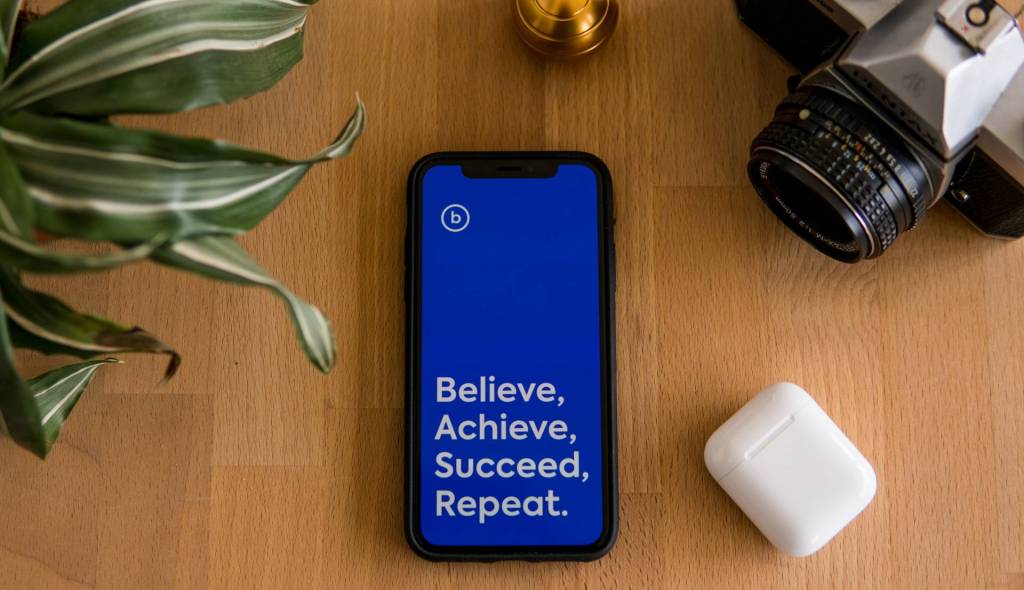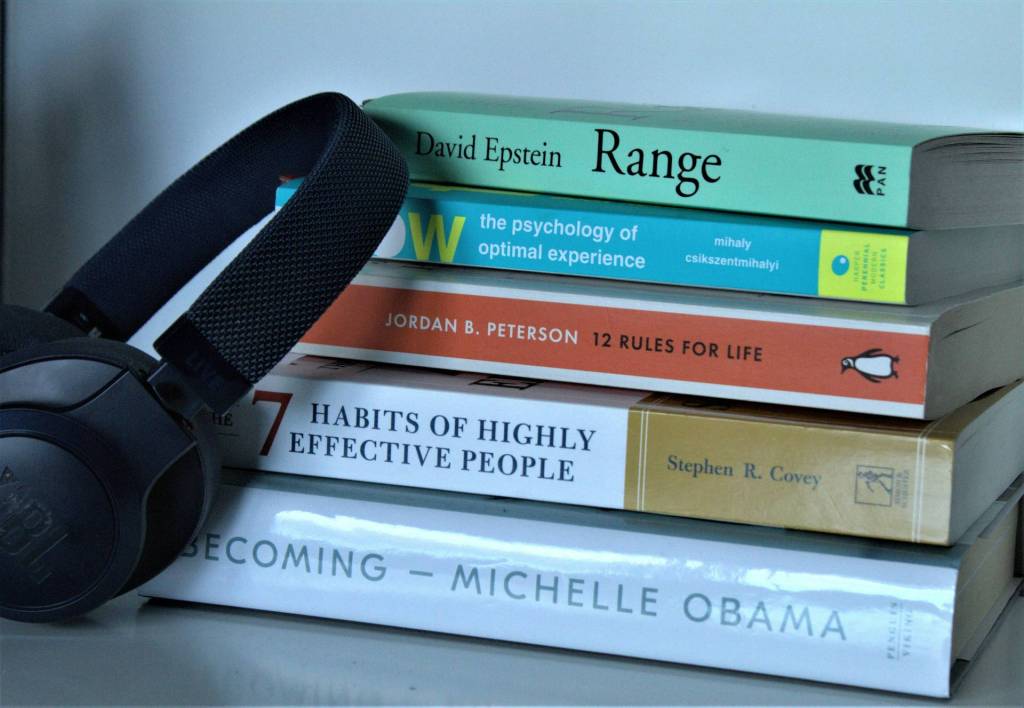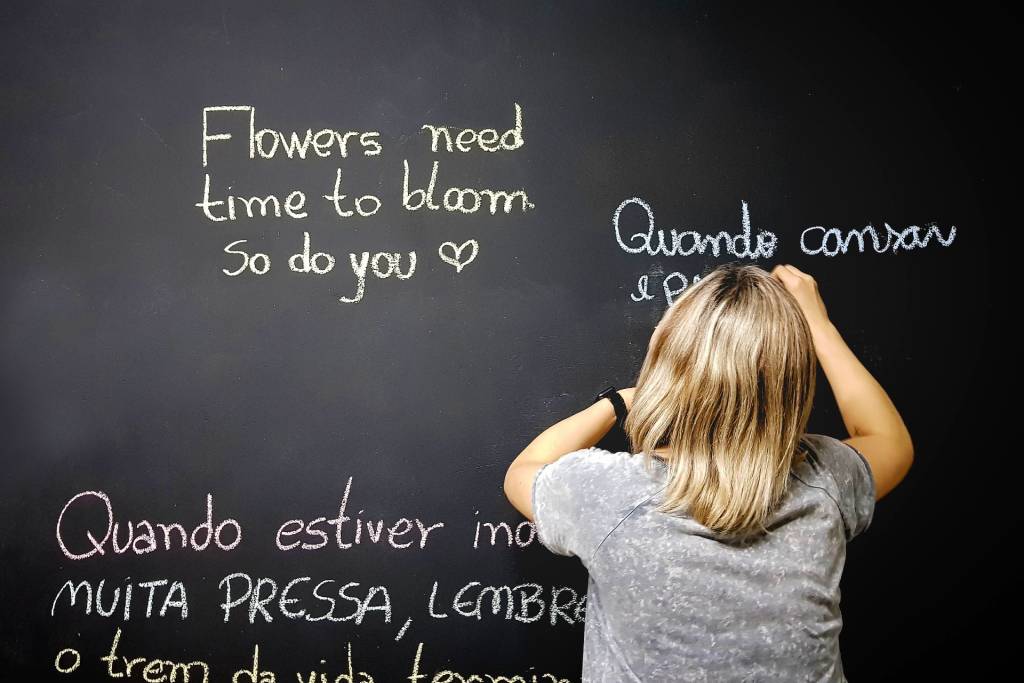Parents spend thousands of dollars in preparing their children to test well for college admissions tests and countless hours worrying about what school their child will attend but often overlook the issue of how their child will adapt to college once they get there. Leaving home for four years after high school following eighteen years of comfortably living at home is daunting for some students.
The thought of living on your own with thousands of other students, managing your schedule, doing your own laundry, making all new friends and building a life away from home can be and exciting and yet somewhat an intimidating proposition for many students.
College tuition is probably the single largest financial investment parents make in their lifetime and yet parents often overlook the fact that many students at eighteen years old (including many top students) aren’t fully ready to settle down in school and focus on their academic pursuits. For this reason, taking a gap year is a good financial investment and a practical choice for many students. Taking a gap year allow students to mature prior to diving in to the academic and social rigors of university life.
The experience of taking a gap year can help a student become more independent, resourceful and adaptable, skills that will enable you to adjust faster and more easily to college. When studying abroad students learn to adapt to a different culture, a new monetary system, transportation system, and are challenged to make friends often in a foreign language. This experience requires them to become more independent, resourceful and persistent which are beneficial skills for adapting to life on a college campus.
Holly Bull, president of The Center for Interim Programs in Princeton, N.J., a consulting firm that helps students plan gap years says that a gap year spent diving in the coral reefs of Australia or trekking in the Taklimakan Desert in northwestern China is also a smart career move. “Students can build resumes before they hit college,” she said. Gappers interested in medicine may have more contact with patients in South America and Asia, and job-like internships in other countries offer greater access and are easier to arrange.
Students land in college more focused. Bull recounted how a student interested in the medical field volunteered at a clinic in Costa Rica. After the experience, she knew she wanted to study public health in college. Gappers generally do better academically, too, Bull said. After one student interested in fashion spent a grueling internship in London, it was clear it wasn’t a good fit, said Bull, who decided against a career in marine biology during her gap time in Hawaii years ago, realizing she didn’t have the patience for field research.
In a survey of 280 American gap students, about 60 percent said the experience positively affected their choice of college major or career, said Karl Haigler, coauthor of The Gap-Year Advantage: Helping Your Child Benefit from Time Off Before or During College, who conducted the survey. Gap year students are strong job candidates “Employers are very interested in gap year experience,” said Haigler, who works with companies as a human resources consultant. “What set these kids apart are the kinds of things they did and what they learned.” Skills like language ability, decision-making, adaptability and working well in teams, are valued in the workplace.
Having taken a gap year myself, I have first hand knowledge for knowing the benefits that year abroad had in my life. First, it made adjusting to college a breeze in the well groomed, ivy towered quaint town of Ann Arbor, Michigan where everyone spoke English! Second, it made leaving home less daunting as I was familiar with living much farther from home where long distance communication was costly and not considered normal to do on a regular basis. Now I could call my parents weekly and even drive home occasionally for holidays.
Living abroad and developing fluency in a foreign language required persistence and determination. I made many mistakes along the way (some quite comical like mixing up the name of a taxi with a similar name for the bathrooms and shouting that I needed one at the top of my lungs). If I could develop a sense of humor and adapt it to a different culture, I surely had more confidence I could do this in college in a different state with generally the same culture. Finally, it taught me to empathize with “outsiders” or anyone who moved to this country or my city from a different place.
I’ve transformed my stressful memories into my medals of honor if you will: They’re the treasured stories that offer wisdom to my kids, provides me with insights for my clients, friends and family and developed my confidence that I can surpass future challenges. I consider my year abroad one of the most positively life altering experiences in my life. It prepared me not only for college life but also for managing living in different cities and for adapting to a wide range of work experiences. In hindsight, I’m glad my parents didn’t balk at my choice and that I ventured far away from home to a foreign land before settling down in college and in my life.












